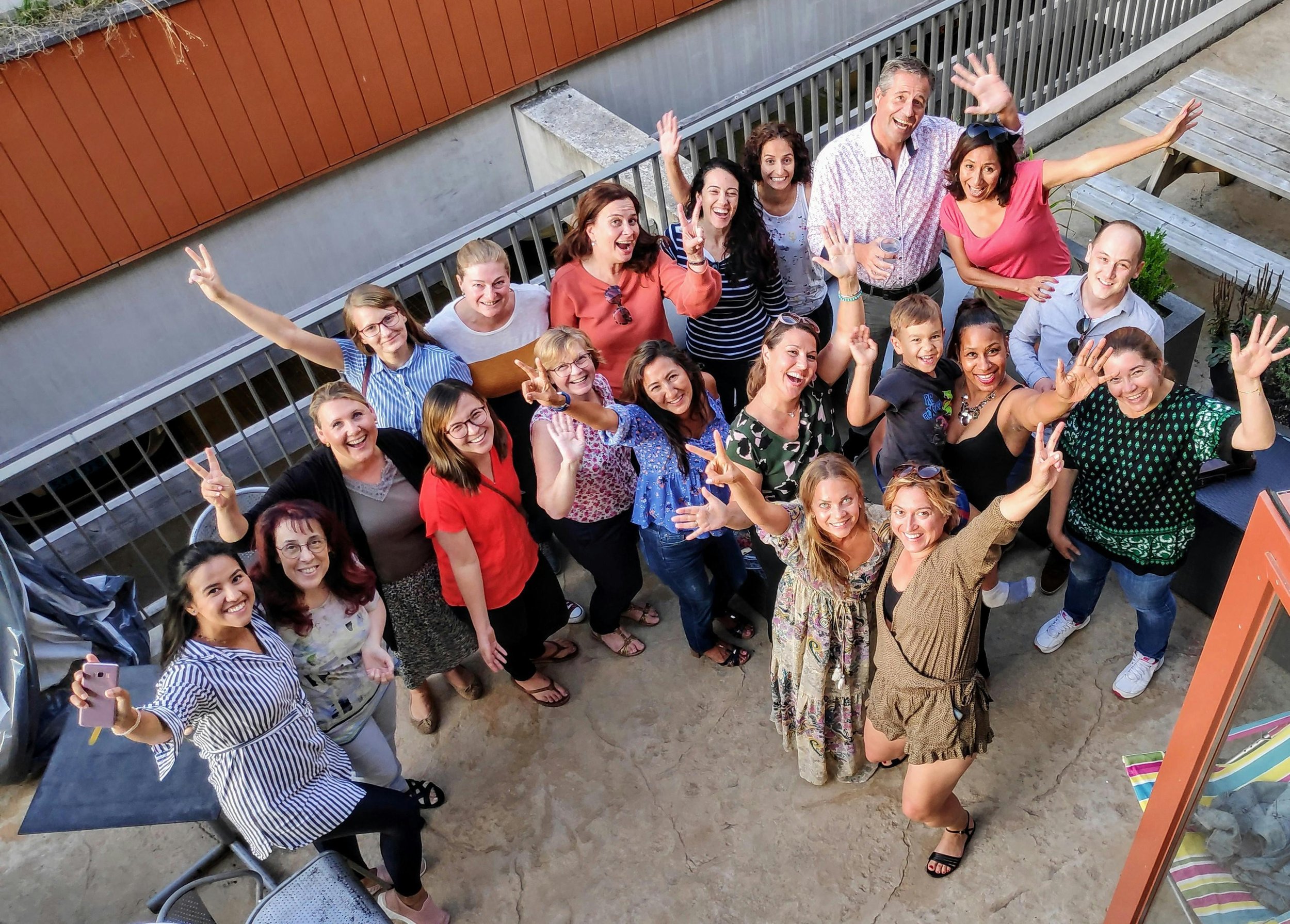
Building Europe’s inclusive, international, and empowered workforce.
Welcome
to the Empowerment Foundation.
Our mission is to help strengthen the European labour market.
We do this by empowering the most valuable stakeholder - you.
Whether you’re a jobseeker in Europe, a current or prospective employee of a European enterprise, or a business owner, we have a programme for you.
We work with employers passionate about creating inclusive and integrated workplaces.
We support individuals searching for the right career.
How We Work
Job seekers and employees
Our nonprofit standing means our services can be offered at a lower cost to individuals across Europe. Choose which programme is right for you .
Enterprises and organisations
Empower your workforce with our bespoke executive and team programmes, outplacement services, and more for businesses and global initiatives.











